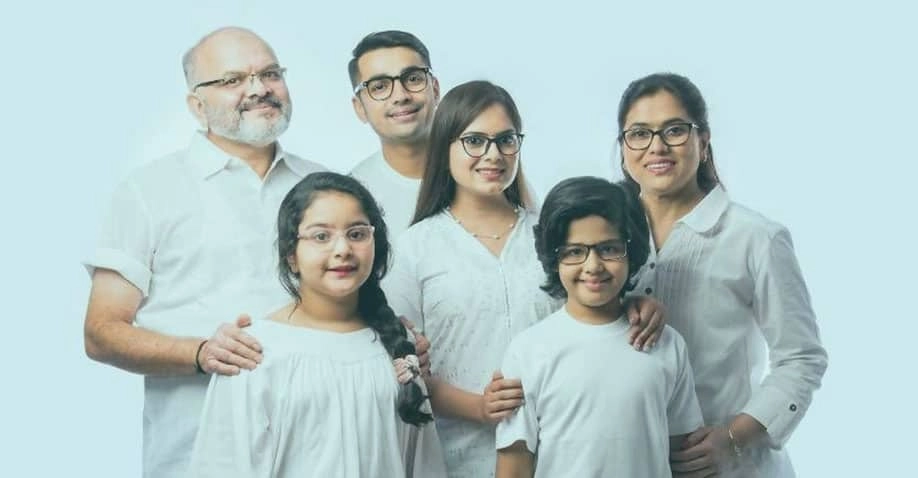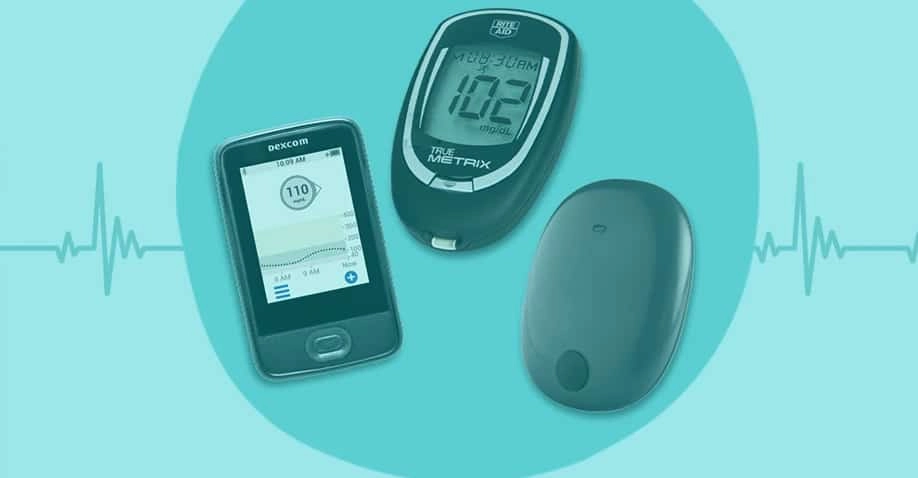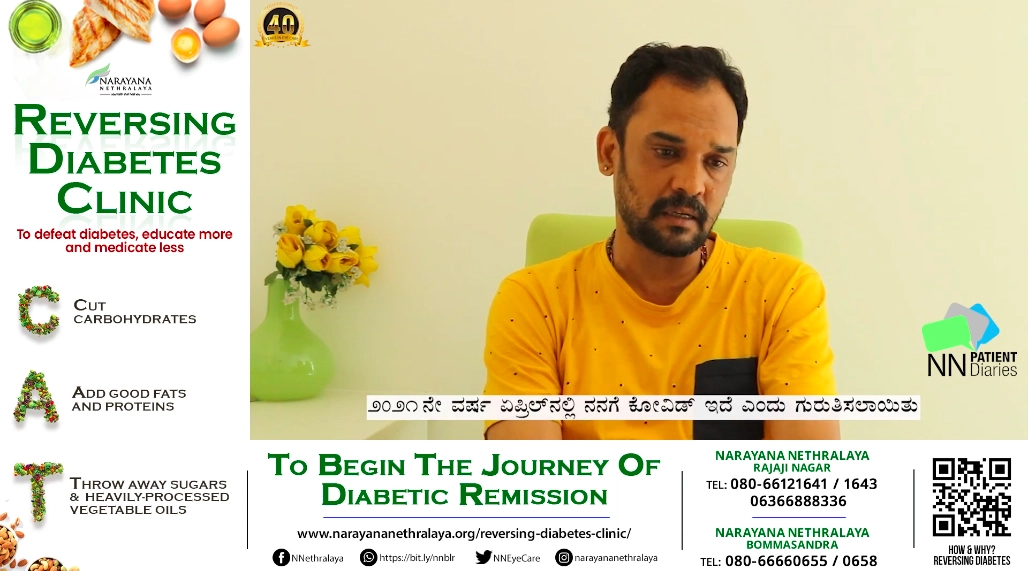As you age, many changes occur in your body. Your vision is one of the first senses that you may notice changing, especially when you enter your forties, with a need for reading glasses to see near objects clearly (presbyopia) or a change in your prescription. If you are 50 years and older, some age-related conditions that can affect your eyes include cataracts, age-related macular degeneration (ARMD), and glaucoma. While certain vision problems are heredity, others can be caused by exposure to the environment or poor lifestyle choices such as smoking.
Although it is completely natural for the quality of your eyesight to deteriorate as you enter your golden years, vision loss and blindness do not necessarily have to be the end results of growing older. Keeping yourself in good health as you age can reduce the occurrence of age-associated eye problems and ensure you’re seeing your best.
Here are some things you can do to keep your aging eyes in tip-top shape
1. Small lifestyle changes can help reduce your risk of developing eye conditions and safeguard your vision as you age

- Do not smoke – When you smoke, toxic substances such as tar and nicotine in cigarettes can lead to cellular changes, oxidative stress, and vascular constriction (reduced blood flow to the eyes). This elevates your risk of developing age-related macular degeneration, cataracts, and other diseases that can affect your vision.
- Wear sunglasses when outdoors to protect your eyes from UV rays– The sun’s ultraviolet (UV) rays can damage aging eyes and increase your risk for cataracts and possibly accelerate macular degeneration.
- Eat a balanced diet – rich in citrus fruits, green leafy vegetables, eggs, nuts, omega-3 fatty acids, lutein, zinc, and whole grains that support good eye health. This can help lower the risk of eye conditions such as macular degeneration and cataracts that can accompany aging. Avoid refined white flour and sugars, and cut down on junk food as they may increase your risk of age-related eye diseases.
- Be physically active and maintain a healthy weight– Being obese or overweight can increase your chances of developing glaucoma and systemic diseases such as diabetes, blood pressure, and high cholesterol, which can in turn affect your vision. Exercise stimulates the entire body, lowers your odds of obesity, and helps prevent diabetes and diabetes-related eye disorders and blindness.
- Add a multivitamin to your daily regimen – Vitamin deficiencies can cause serious vision problems. Vitamins A (beta-carotene), C, D, and E can provide nutrients your food may be lacking and help support overall eye health.
- Stay hydrated – Make sure you drink sufficient water to avoid dehydration which can lead to reduced tear production, dry eye, and eye irritation. Other beneficial drinks that you can add to your diet include skim milk, juices made from 100% fruits or vegetables, and non-caffeinated teas (without sugar).
- Get adequate sleep every night – Lack of quality sleep can lead to eye strain, puffy and dry eyes, eye spasms, popped eye vessels, and dark circles under your eyes. Good sleep refreshes your eyes by giving rest to the eye muscles and providing the required fluid circulation in the eyes.
2. Be aware of your family’s eye health history

Talk to your family members about their eye health as some eye disorders like glaucoma, cataracts, and retinal degeneration are hereditary. If you are aware that you might be at increased risk, you can follow a healthier lifestyle to avoid the disease or get it diagnosed early enough to prevent vision loss. An eye doctor can monitor your vision and guide you about the warning signs to watch out for to prevent permanent eye damage or vision loss.
3. Schedule yearly eye exams

It is common to develop vision problems such as glaucoma, cataracts, age-related macular degeneration, and diabetic retinopathy as you get older. While you can’t prevent your eyes from aging, you must visit an eye doctor annually after age 40 to help prevent or slow down age-related vision damage. A dilated eye exam every couple of years can keep track of any vision changes and detect age-related eye problems in the early stages when they are easier to manage and treat.
4. Do not ignore sudden changes in your vision

If you experience blurred or double vision, feel your vision is becoming cloudy, are troubled by eye pain, see flashes, or are bothered by the glare of lights, consult an eye doctor immediately and discuss your symptoms. If caught early enough, an ophthalmologist can treat many potentially serious vision problems effectively.
5. Control your blood sugar, BP, and cholesterol levels by maintaining a healthy lifestyle

Uncontrolled diabetes, high BP, and high cholesterol can contribute to eye problems as the retinal cells in your eyes are very sensitive to changes in metabolism and blood flow. Ask your doctor to help you set and reach goals to manage your blood sugar, blood pressure, and cholesterol levels. Monitor your levels regularly to prevent eye problems.
6. Reduce screen time and give your eyes a rest

You can forget to blink if you spend a lot of time staring at a computer screen or reading. This can lead to eye strain, dry eyes, and other long-term, adverse health effects, especially as you age. Give your eyes a break by practicing the 20-20-20 rule – Every 20 minutes, look away about 20 feet in front of you for 20 seconds. Ensure you read or work in a well-lit area to prevent eyestrain, headaches, and fatigue.
7. Use protective eyewear

When playing contact sports, working in industrial situations, or using power tools, and while partaking in any hazardous or dusty activity to prevent vision loss or blindness from eye injuries.

